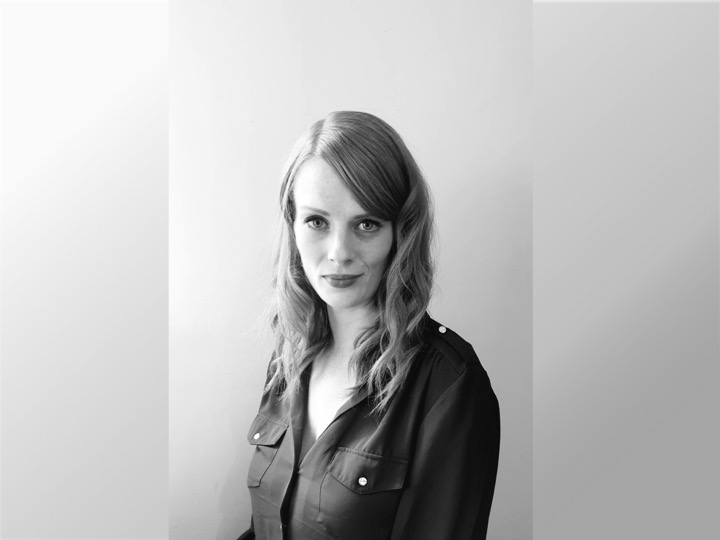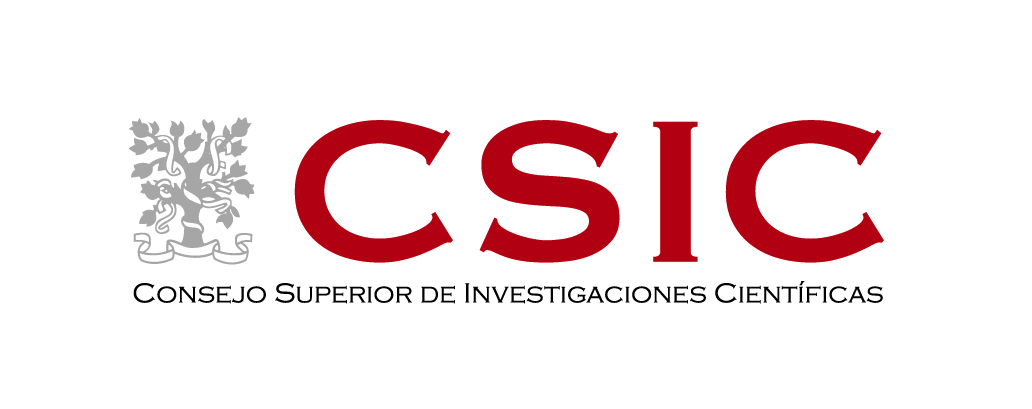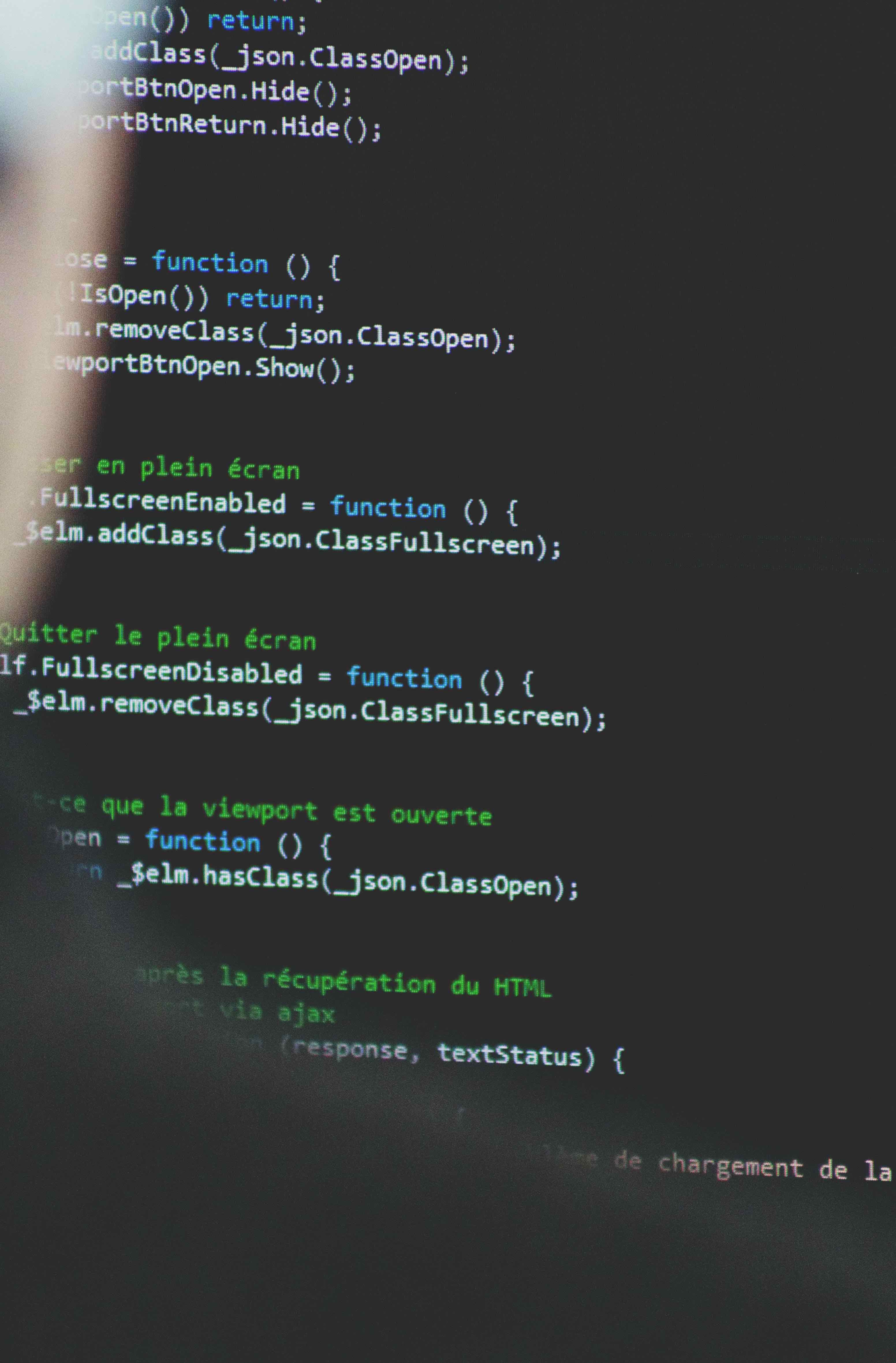Lucy van Dorp (UCL): "I know myself how much of a difference it makes to work with successful and inspiring female academics"
Lucy van Dorp (UCL): "I know myself how much of a difference it makes to work with successful and inspiring female academics"
We interview Researcher Lucy van Dorp with the occasion of her visit to the Institute of Evolutionary Biology (IBE) to give the seminar "Tracking pathogens in space and time in the post-genomic era".

Could you tell us about your personal experience? How did you approach science?
I’ve always been drawn to questions of origins, with a scientific career offering the framework to tackle some of the most intriguing and fundamental of questions. This naturally brought me to the field of evolutionary genetics, with the analysis of genetic data holding some of the best opportunities to characterise evolutionary processes. Seeing this potential, I was drawn to computational work, using statistical and theoretical methods to quantify how major biological and ecological processes have shaped present-day genetic diversity. While I have worked on a range of systems, including humans and other eukaryotes, the bulk of my research now focuses on the genomic analysis of infectious disease agents – including major bacterial and viral pathogens. It’s an exciting time to be working in such a field with rapidly expanding genomic data resources and the scope to update methods to the biology of the organism in question.
What do you enjoy the most about being a researcher? What is the hardest part of being a researcher, and how do you deal with it?
One great perk of working in research is the flexibility and array of exciting questions one can address. This is particularly true of working in the field of computational genomics, where there is very high portability of methods to a range of organisms and hence always new questions to be tackled and new biology to be learned. As such my work often requires collaboration with diverse fields of research ranging from the strictly medical/clinical all the way through to immunology, ecology, computer science and archaeology. Integrating the contributions from these areas in a truly interdisciplinary way can bring its challenges and I’m always trying to seek new ways of establishing dialogues which enrich the research in question.
One great perk of working in research is the flexibility and array of exciting questions one can address. This is particularly true of working in the field of computational genomics.
Your research is actually very much related to the actual (and past) pandemics. SARS-CoV-2 is a pretty young virus, but still, can we learn something by studying its evolutionary history or the evolutionary history of other virus?
Yes, there is plenty to be learned from our experience of past and present pandemics. Not least that pandemics have been a major part of human history, leading to lives lost while in tandem resulting in large economic and societal changes just as we have observed for COVID-19. SARS-CoV-2 is the first pandemic of the post-genomic era and the public health response has really catapulted viral evolutionary genomics into a new paradigm. This is largely as a result of unprecedented international sequencing and data sharing efforts, which have now led to in the order of millions of SARS-CoV-2 genomes being shared in close to real time. This data is incredibly rich, allowing epidemiological investigations, the identification of new variants and informing on vaccination strategies. The size of the dataset also necessitates the development of new methods for lineage assignment, phylogeny reconstruction and mutational tracking. Innovation in these areas have been a hallmark of the field during the COVID-19 pandemic but these developments will have great portability to other pathogen systems and support response to future epidemics.
According to your experience/research, what is the most valuable lesson that this pandemic may teach us?
Working on SARS-CoV-2 during the COVID-19 pandemic has made clear the inextricable connection between science and society. Despite having worked on other devastating human pathogens, including tuberculosis and malaria, the global nature of the COVID-19 pandemic and the immediate impact it has had on all our lives has resonance. Work in this area comes with some challenges, for example the intense focus and interest in the outcomes of your work and the difficulties of adequately communicating scientific uncertainty in an accessible way. The latter I feel is particularly important to communicating science.
Working on SARS-CoV-2 during the COVID-19 pandemic has made clear the inextricable connection between science and society.
You are a UCL Senior Fellow and group leader in microbial genomics. What is your approach to lead your team?
Being fairly new to this role, I am still developing my leadership style. Though I anticipate my approach to managing a team will always evolve throughout my career to fit the individual needs and composition of the colleagues I work with at any given time. I’m a great believer in supporting students and colleagues to follow their interests and encourage free thought, which I feel only enhances job satisfaction and productivity. I therefore welcome new ideas and have been fortunate to work with many talented colleagues that are able to bring novel questions and innovations that have enhanced my own research and skillsets.
We talk about gender. Have you ever been discriminated or witnessed discrimination on the grounds of gender? Have you noticed any changes in recent years in this regard?
 As a computational biologist it is not uncommon for my gender to be underrepresented in the field. I’m therefore reassured by increasing numbers of initiatives to support women in Science, Technology, Engineering and Maths (STEM) and to increase interest in STEM careers from an early age. I am myself involved in some of these efforts targeted at women and young girls, though more generally I believe more can be done to encourage interest in a range of underrepresented groups. Personally, I am fortunate to work in an institute with gender parity amongst principal investigators. I know myself how much of a difference it makes to work with successful and inspiring female academics. It is therefore vital that female scientists are supported and encouraged at all stages of their career.
As a computational biologist it is not uncommon for my gender to be underrepresented in the field. I’m therefore reassured by increasing numbers of initiatives to support women in Science, Technology, Engineering and Maths (STEM) and to increase interest in STEM careers from an early age. I am myself involved in some of these efforts targeted at women and young girls, though more generally I believe more can be done to encourage interest in a range of underrepresented groups. Personally, I am fortunate to work in an institute with gender parity amongst principal investigators. I know myself how much of a difference it makes to work with successful and inspiring female academics. It is therefore vital that female scientists are supported and encouraged at all stages of their career.
I am fortunate to work in an institute with gender parity amongst principal investigators.
What advice would you give to young people considering a research career?
I’d firstly say to go for it! Research is a fantastic and stimulating career and it’s a great privilege to work in an academic setting with smart people addressing exciting questions. However, a research career does come with some challenges. Setbacks are common and it is therefore important to remain determined and resilient in the face of disappointments. I’d also encourage some flexibility in research directions. Most research careers are non-linear and it’s important to follow your interests which may lead to different or unexpected projects.
Short Bio
Lucy van Dorp is a University College London (UCL) Senior Fellow and group leader in microbial genomics working at the UCL Genetics Institute. Her expertise centres around microbial and population genetics and informatics analysis and the focus of her research is to understand the past through to present epidemiology of major human pathogens using large-scale genomics.
Research interest
Van Dorp’s research aims to contribute to the post-genomic revolution in biology and medicine through the use of computational genomics to determine the factors giving rise to the patterns of genetic diversity observed in human-associated pathogens.
Currently, her work focuses on reconstructing the evolutionary history of significant infectious diseases, including COVID-19, Tuberculosis, Malaria and multidrug-resistant hospital infections. Through the development and application of computational methods Lucy and her team can infer the key factors which contribute to disease emergence, spread and transmission. To that aim, her research also covers human demography, migration and admixture history in order to connect human history to our interactions with infectious disease at both recent and ancient time-scales.
With the collaboration of the Spanish Foundation for Science and Technology - Ministry of Science and Innovation.



